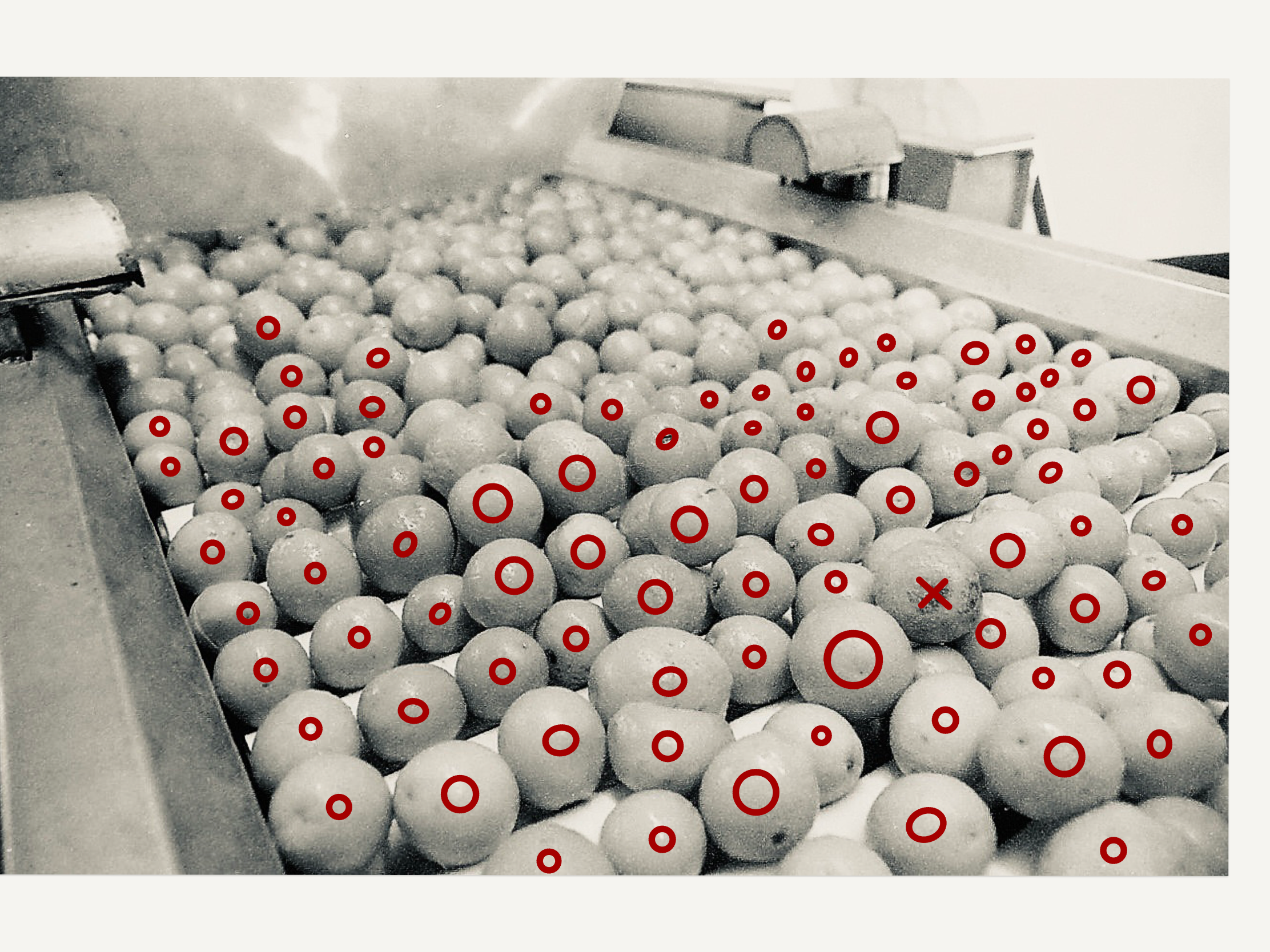The Problem With Frameworks

In my last post, I covered off framework agreements, and the advantages of using them for both government and suppliers.In this post I cover some of their less attractive features.
Frameworks act to moderate the way in which buyers test a market, which is all well and good, but they do have some problems.
They can suppress competition.
If you are moderating how you test a market, that instrument by its very nature, is going to have the potential to prevent and stymy competition. Unduly long frameworks and frameworks with very small numbers of suppliers are going to cause problems.
For instance, a ten year framework let to one supplier has the potential to create a monopoly position for that supplier. The buyer is effectively saying that no worthy innovation will happen in that market during the framework. As an instrument, frameworks are open to abuse.
There are too many of them.
Frameworks can be problematic for suppliers too: they have a tendency to proliferate. In 2007 we discovered that there were over 90 frameworks for recruitment in UK local government. There was more than one framework for every four councils. Many of these frameworks saw minimal business and created a burdensome bidding process for suppliers with no positive outcome. They were fishing licenses to empty lakes.
They lack transparency.
Frameworks are frustratingly opaque, partly because of practicalities, but also because administrations have been reluctant to try and police publishing of this data. Further competitions are usually only advertised to the suppliers on framework, and there’s a good reason for this. Buyers don’t want to give the wider market the impression that they can bid and win a contract that isn’t open to everyone, however, by not publishing this data, buyers also make it impossible to follow up and find out who won the subsequent award. So there is often no requirement to publish what is happening under frameworks, creating the potential for billions to be spent without any accountability.
Evidence of value is weak.
There really is no strong evidence that savings occur through the use of frameworks alone. The lack of transparency around frameworks obviously makes the job of evidencing savings much harder, but where we can see evidence of savings, it appears to be linked to the number of bidders on a further competition rather than the act of creating a framework.
In conclusion, framework contracts are broadly a good way to manage the process of running two stage competitions, but they are opaque, hard to analyse and prone to proliferation. Better data on their use and application could really help to improve their efficiency.
Here at Spend Network, we are proud of our global expertise in government procurement data. If we can assist you with your data or research needs, please get in touch.



